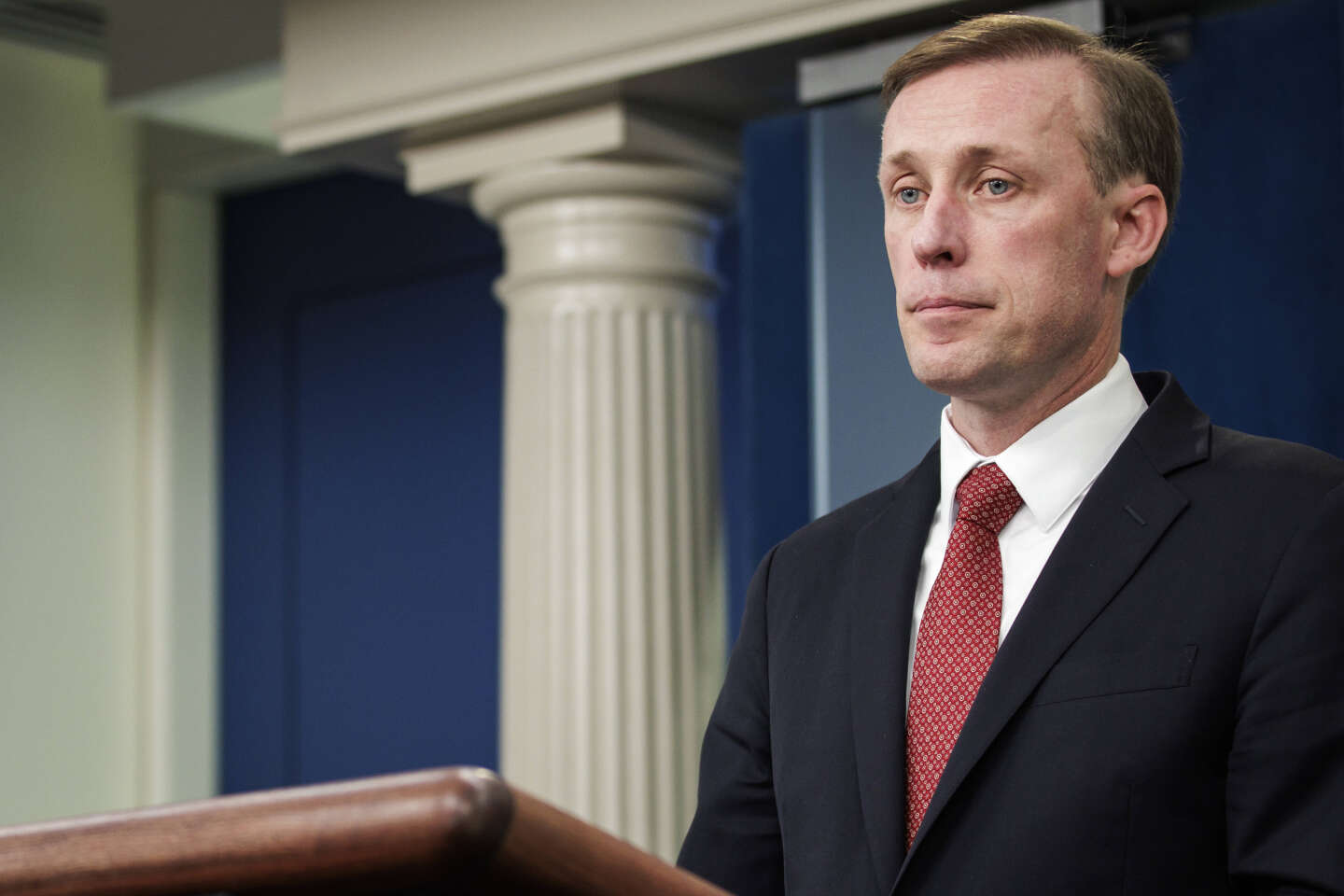


Jake Sullivan was unable to enjoy the Halloween festivities at the White House on Monday, October 30. US President Joe Biden's national security advisor has been absorbed in the Israeli-Palestinian war since Hamas's attack on October 7. In an interview with Le Monde, given just before he was due to receive Prince Khalid Bin Salman Al Saud, Saudi Arabia's defense minister, Sullivan, 46, sketched out the US's strategy in light of the crisis in the Middle East.
In the aftermath of Hamas's October 7 attack, the White House showed an impressive display of empathy and support toward Israel. Since then, you have been forced to move the needle several times to rebalance your position: First by focusing on humanitarian aid entering through Egypt, though it remains symbolic, and second by mentioning the laws of war. But how do you explain the fact that the US seems so isolated in the Middle East?
In his first major speech just a few days after the crisis began, President Biden spoke about the laws of war and the fact that Hamas does not represent the Palestinian people. So I don't accept the notion that we only began introducing that idea later on. Second, the president has spoken with a crystal clear voice on his view that Israel has a right and indeed a duty to defend itself against terrorist attacks, that Hamas is creating exceptional challenges by hiding among the civilian population, using civilians as human shields. That posed an added burden on the Israeli Defense Forces (IDF). But it doesn't lessen their responsibility to distinguish between terrorists and innocent civilians.
You talk about isolation, but the US mustered enough votes to pass a UN Security Council resolution condemning Hamas, speaking to these humanitarian issues. The only reason this resolution did not pass is because it was vetoed by Russia and China. But actually, we rallied the support of a significant number of countries around the world, in Latin America, Asia and Europe. So we will continue to work in New York. We will continue to work with the Arab states. Sunday, the president spoke with President Sisi of Egypt, and he will speak with other Arab leaders this week. And we'll keep standing by our principles and also keep giving our best advice to Israel.
Have you given the Israelis a complete green light for their military operations in Gaza?
I think that's the wrong kind of characterization. Israel is a sovereign nation. They don't come to us and ask us: Thumbs up, thumbs down? Green light, red light? We ask them hard questions. We give our advice as friends. We explain to them that we have been in a similar situation. I don't want to fully compare. Let's just say a similar situation, after 9/11. We were determined to go after the terrorists, and nothing was going to stop us. But we also made mistakes and we have learned from those mistakes.
You have 80% of this article left to read. The rest is for subscribers only.
